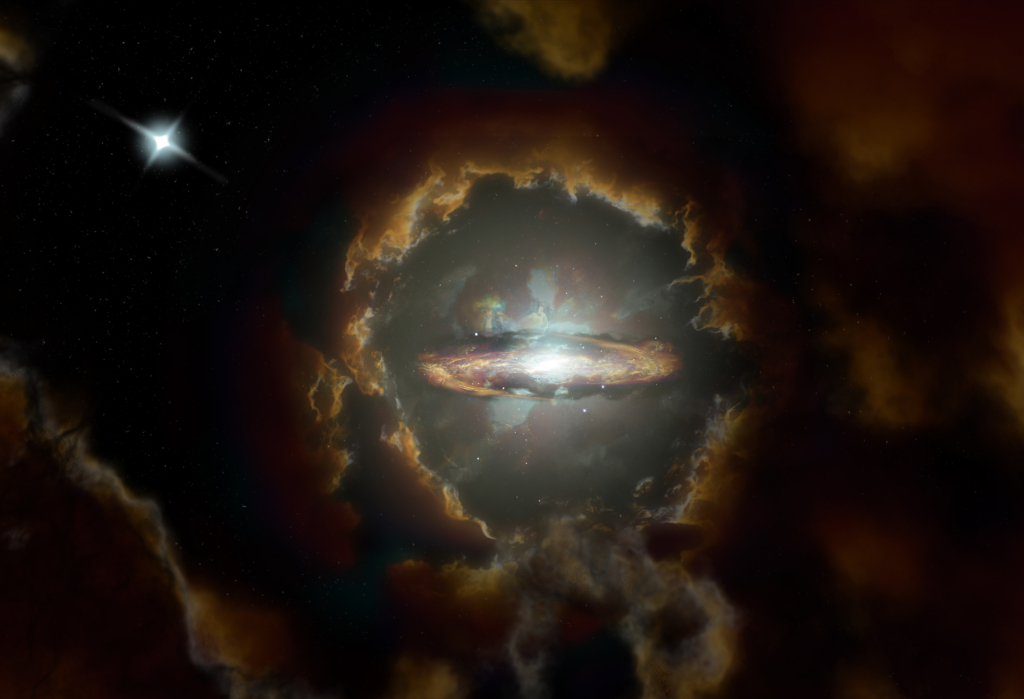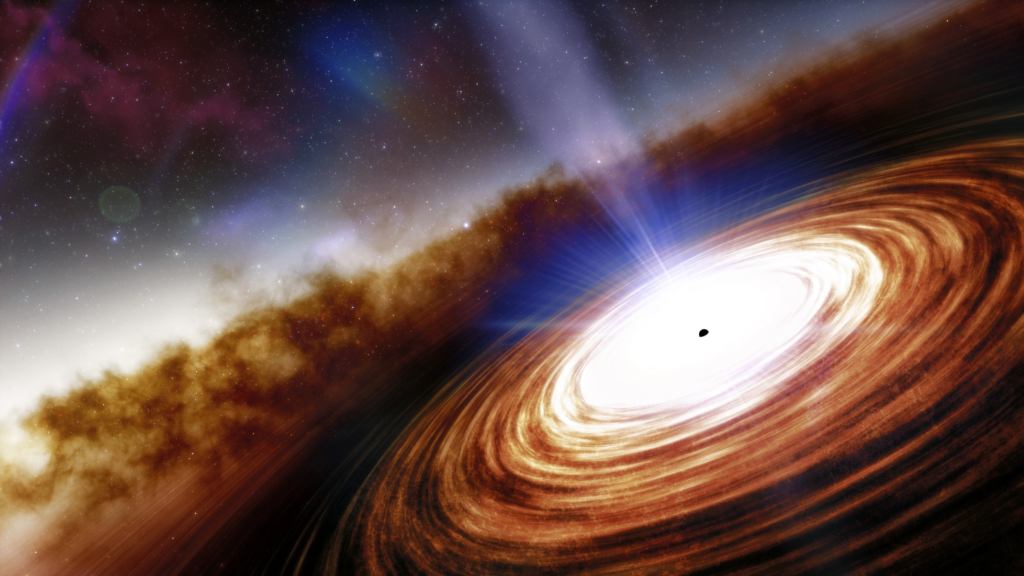
Hey Astronomy Fans!
Happy 2022! Our previous AMA sessions have been a blast, and I hope you agree. Lots of things going on in the universe and I'm back to share them with you.
To recap my background: I'm an astrophysicist primarily interested in the environments of the galaxies hosting supermassive black holes (also known as Active Galactic Nuclei). I've worked with clusters of galaxies, and the atmospheres of giant and supergiant stars. Currently I'm a Program Officer at the National Science Foundation (NSF), Division of Astronomical Sciences, responsible for the National Radio Astronomy Observatory (NRAO); a part-time Professor at George Mason University in Fairfax, Virginia; and a Visiting Professor at the University of Colorado, Boulder, Colorado. And I'm a Fellow of the Royal Astronomical Society. Oh - and I LOVE all things Star Trek!!
My knowledge base is broad, but I know most about the areas I mentioned above so might have to do some research to find the answer to areas outside my day-to-day experience. Please be patient with me - the universe is enormous!
Also, there may be lots of questions I can’t answer because I don’t know – and maybe the answer isn’t yet known (that’s a fun part about astronomy – lots of unknowns still). Please keep this in mind. I will try to answer as many questions as possible.
Not a day goes by that something amazing is revealed to us about astronomy. Thank you for letting me share it with all of you!
Dr Joe




